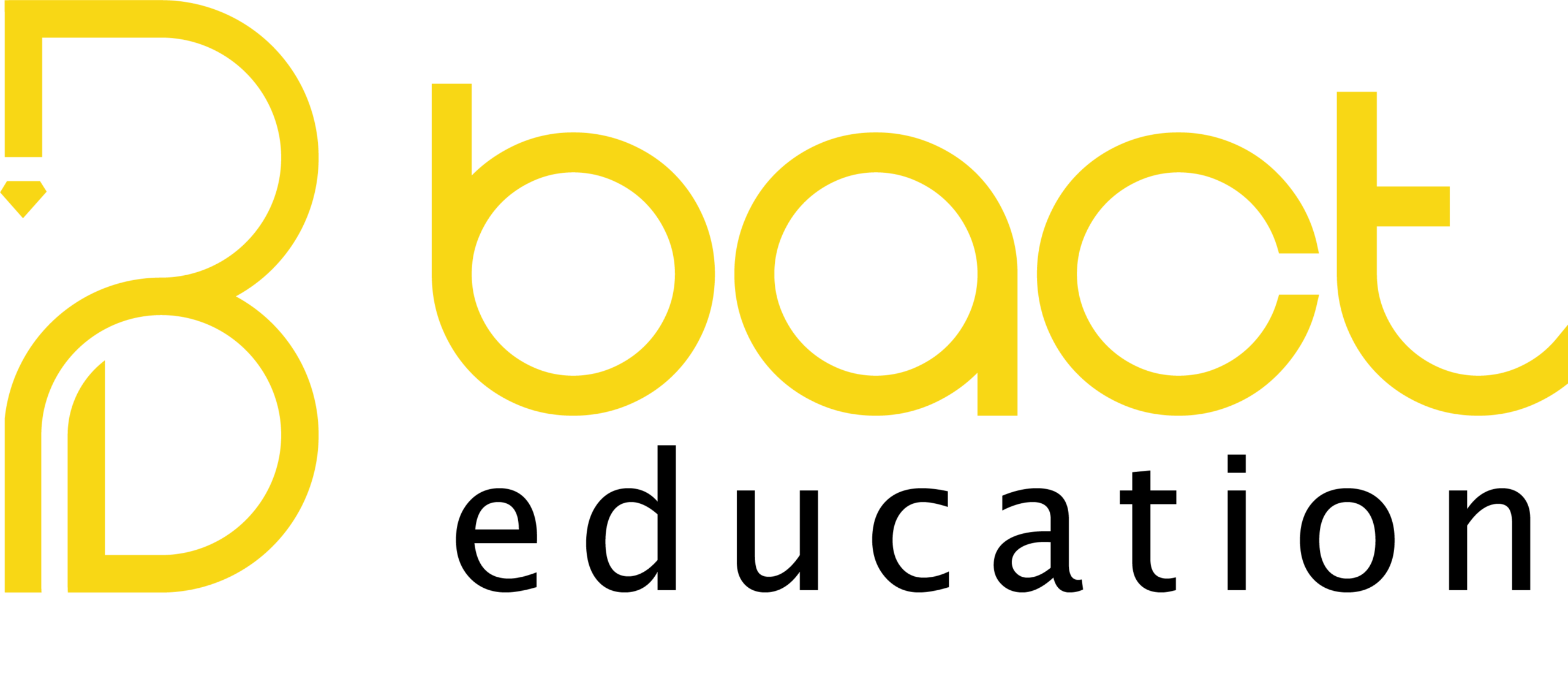Mastering the Classroom: Your Guide to Developing Teaching Skills in the UAE
The UAE’s education landscape is dynamic, ambitious, and rapidly evolving. With national visions like “We the UAE 2031” prioritizing world-class education and Emiratization, the demand for highly skilled, adaptable, and culturally aware educators has never been greater. Whether you’re a newly arrived expat teacher or a UAE national embarking on a teaching career, continuously developing your teaching skills is not just beneficial – it’s essential for success and impact.
Here’s your roadmap to cultivating excellence in UAE classrooms:
1. Deep Dive into the UAE Educational Context:
* Understand the Vision: Familiarize yourself with UAE National Agenda targets, the Emirates School Establishment (ESE) framework, and specific authority goals (e.g., KHDA’s DSIB framework in Dubai, ADEK in Abu Dhabi). Know what “outstanding” looks like locally.
* Embrace Cultural Nuance: Recognize the unique blend of Emirati heritage and diverse international student populations. Develop cultural sensitivity, understand local values, and learn effective communication strategies for diverse classrooms and parents.
* Master Local Frameworks: Get comfortable with the UAE’s curriculum standards (like the MoE’s curriculum) and any school-specific adaptations (e.g., IB, British, American curricula within their UAE context).
2. Sharpen Your Core Pedagogical Skills:
Differentiation is Key: UAE classrooms are incredibly diverse. Hone your ability to tailor instruction, resources, and assessments to meet a wide range of learning styles, abilities, and language proficiencies (especially important for English Language Learners and Arabic instruction). Active & Engaging Methodologies:** Move beyond traditional lectures. Integrate inquiry-based learning, project-based learning (PBL), collaborative group work, educational technology, and hands-on activities to boost student engagement and critical thinking – key priorities in UAE reforms. Effective Assessment for Learning (AfL):** Shift focus from purely summative grading to formative assessment techniques (exit tickets, quizzes, observations, questioning). Use data to inform your teaching and provide timely, constructive feedback that helps students progress. Classroom Management Mastery:** Establish clear, consistent routines and expectations rooted in mutual respect. Develop proactive strategies for managing diverse classrooms positively, fostering a safe and inclusive learning environment.
3. Leverage Professional Development (PD) Opportunities:
Mandatory & School-Based PD: Actively engage in the PD sessions offered by your school and mandated by authorities (like the National Qualifications Authority - NAQ). Don't just attend – participate and reflect. Authority Workshops:** Regularly check the websites and portals of KHDA, ADEK, MoE, and ESE for workshops, seminars, and conferences specifically designed for UAE educators. These are goldmines for context-specific strategies. Higher Education & Certifications:** Pursue relevant postgraduate certificates, diplomas, or degrees (PGCEi, M.Ed., specialized certifications in SEN, EdTech, leadership) offered by UAE universities or reputable international providers with local presence. Online Learning Platforms:* Utilize global platforms (Coursera, EdX, FutureLearn) and UAE-specific resources (like **Madrasa.org** for Arabic content or initiatives by local universities) for flexible learning.
4. Embrace Technology Integration:
Become EdTech Savvy: The UAE champions digital transformation. Master using Learning Management Systems (LMS) like Google Classroom, MS Teams, or school-specific platforms. Explore interactive tools (Kahoot!, Nearpod, Padlet), AI-powered learning aids, and digital resources aligned with the curriculum. Blended & Flipped Learning: Experiment with models that combine online and face-to-face instruction, allowing for more personalized support and active learning during class time.
5. Cultivate Reflective Practice:
Self-Evaluation: Regularly ask yourself: "What worked? What didn't? Why? How can I improve?" Keep a teaching journal. Seek Feedback: Actively request constructive feedback from peers, mentors, and line managers. Utilize student feedback surveys (age-appropriately) to gain insights into their learning experience. Lesson Observations: Participate in peer observations – both observing others and being observed. Focus on learning, not judgment. Engage in meaningful post-observation discussions.
6. Build Your Professional Learning Network (PLN):
Connect Locally: Collaborate with colleagues within your school and across UAE schools. Share resources, challenges, and best practices. Join Communities: Participate in subject-specific or general teaching associations, online forums (like UAE teacher groups on social media), and attend education expos (like GESS Dubai, ADEC/KHDA events). Find a Mentor: Seek guidance from experienced educators who understand the UAE context. Many schools have formal mentoring programs.
7. Focus on Arabic Language & SEN Skills (Highly Valued):
Arabic Language Teaching: If teaching Arabic, invest deeply in methodologies for teaching Arabic as a first and additional language. Understanding the challenges and best practices is crucial. Inclusive Education:** Develop expertise in differentiating for and supporting students with Special Educational Needs (SEN). Training in inclusive practices is increasingly essential.
8. Understand Compliance and Well-being:
Licensing: Ensure you meet and maintain the UAE's teacher licensing requirements (e.g., through the MoE's Teacher Licensing system). Well-being:** Teaching is demanding. Prioritize your own well-being through stress management techniques, work-life balance, and accessing school support resources to maintain energy and passion.
Conclusion: A Journey of Lifelong Learning
Developing exceptional teaching skills in the UAE is an ongoing journey, not a destination. It requires curiosity, adaptability, cultural respect, and a commitment to reflective practice. By actively engaging with the unique context of UAE education, embracing continuous professional development, leveraging technology, and building strong networks, you position yourself not only for personal success but to make a truly significant contribution to the future leaders of this dynamic nation. The UAE’s investment in education is immense, and as an educator committed to growth, you are an integral part of shaping its bright future.
Ready to take the next step? Explore PD opportunities offered by your school, check the KHDA/ADEK/ESE/MoE websites today, or connect with a teaching association in the UAE!
Contact us:
whatsapp +971582491660/ Landline +97144470880

